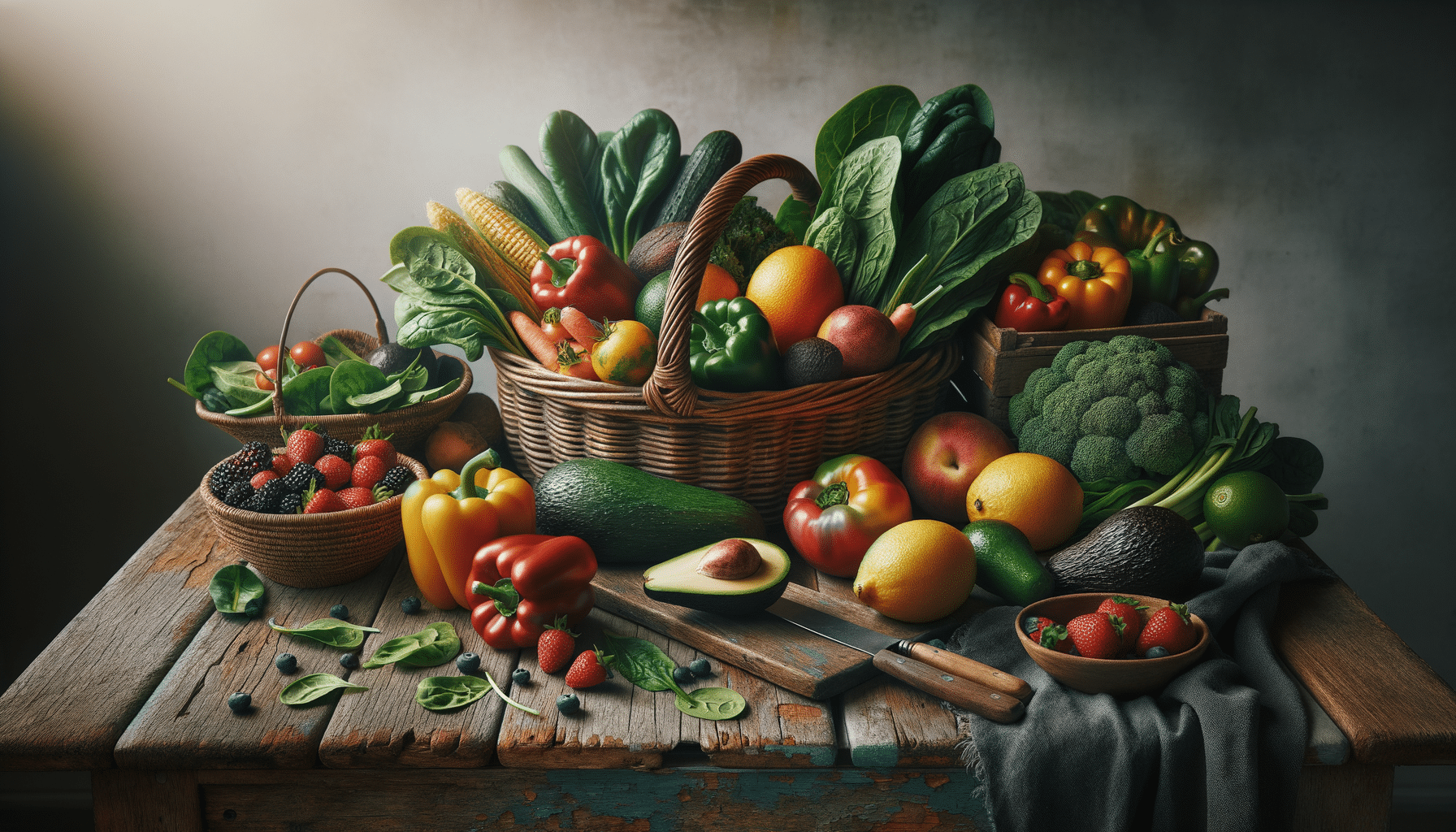
Foods to Add to your Diet to Manage Fatty Liver
The Role of Diet in Managing Fatty Liver
Fatty liver disease, a condition characterized by excess fat accumulation in the liver, affects countless individuals globally. Often associated with lifestyle factors such as diet and physical activity, managing this condition frequently involves making significant dietary adjustments. The liver, an organ vital for detoxification and metabolism, can become compromised when overwhelmed with fat. Fortunately, dietary choices can play a crucial role in reversing or managing fatty liver disease.
Incorporating certain foods into your diet can help reduce liver fat, improve insulin sensitivity, and decrease inflammation. While there is no one-size-fits-all diet for fatty liver disease, evidence suggests that plant-based foods, lean proteins, and healthy fats can be particularly beneficial. By understanding the impact of these foods, individuals can make informed dietary choices to support liver health.
Leafy Greens and Vegetables: Nutrient Powerhouses
Leafy greens and other vegetables are fundamental components of a liver-friendly diet. Rich in vitamins, minerals, and antioxidants, they offer numerous health benefits. Vegetables such as spinach, kale, and broccoli are particularly noted for their liver-protective properties. These foods are high in fiber and low in calories, making them ideal for weight management, an important factor in managing fatty liver disease.
Studies have shown that consuming a diet rich in vegetables can reduce liver fat and inflammation. The antioxidants found in these foods help combat oxidative stress, a condition that can exacerbate liver damage. Including a variety of colorful vegetables in your meals not only supports liver health but also provides essential nutrients that benefit overall well-being.
Whole Grains: A Source of Fiber and Nutrients
Whole grains are another important food group to consider when managing fatty liver disease. Unlike refined grains, whole grains retain their bran and germ, offering higher levels of fiber, vitamins, and minerals. Foods such as oats, brown rice, quinoa, and whole wheat bread are excellent sources of these nutrients.
Fiber plays a crucial role in improving digestion and regulating blood sugar levels, both of which are important for liver health. Consuming whole grains can help reduce insulin resistance, a common issue in individuals with fatty liver disease. By replacing refined grains with whole grains, you can enhance your diet’s nutritional value and support your liver’s recovery.
Healthy Fats: Omega-3s and Monounsaturated Fats
Not all fats are created equal, and when it comes to liver health, choosing the right types of fat is essential. Omega-3 fatty acids, found in fatty fish like salmon, mackerel, and sardines, have been shown to reduce liver fat and inflammation. These healthy fats are also beneficial for heart health, making them a valuable addition to any diet.
Monounsaturated fats, found in foods like olive oil, avocados, and nuts, are also beneficial for liver health. These fats help improve insulin sensitivity and reduce liver fat accumulation. Incorporating sources of healthy fats into your diet can help balance your overall fat intake and support liver function.
Fruits: Natural Sources of Antioxidants and Fiber
Fruits, particularly those high in antioxidants and fiber, can be a valuable part of a diet aimed at managing fatty liver disease. Berries, such as blueberries and strawberries, are rich in antioxidants that help protect the liver from damage. Citrus fruits, like oranges and lemons, provide vitamin C, an important nutrient for liver health.
While fruits are generally healthy, it’s important to consume them in moderation due to their natural sugar content. Balancing fruit intake with other nutrient-dense foods can help maintain healthy blood sugar levels and support liver function. Including a variety of fruits in your diet will not only enhance flavor but also provide essential nutrients that contribute to overall health.


